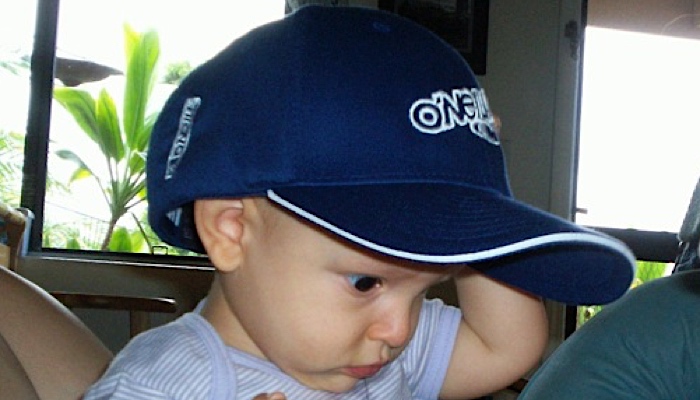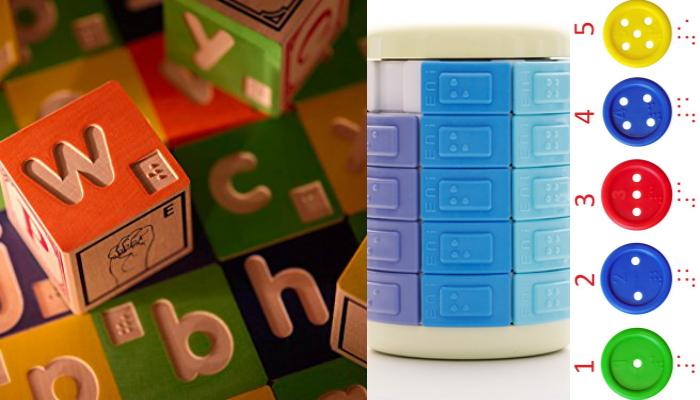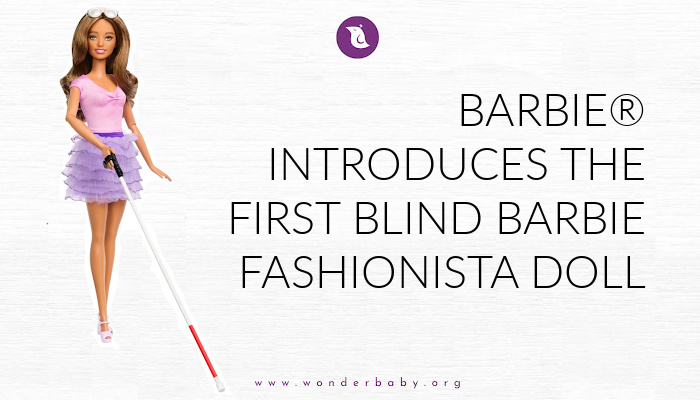What Will I Be When I Grow Up? Career Choices for People who are Blind

When you discover that your baby is blind or visually impaired, your first thoughts are often about their future. Will he ever be independent? Will he be able to go to school? Will he be successful?
These questions are normal, especially if you are sighted yourself and can’t even imagine living without vision or have never met a blind adult.
When my son Ivan was very young I used to worry about his potential. I used to think about all the things he would not be able to do and the limitations that his lack of vision would set on his goals. And, as any parent wonders about their child, what he would be when he grew up.
After learning more about blindness, meeting and befriending some wonderful and successful blind adults, and especially watching my little boy learn about and adapt to his environment in some truly amazing ways, I realized that I had completely over-exaggerated fears.
Of course, you need to be realistic, both with yourself and your child. No, your blind child will not be able to do anything a sighted person can. Yes, your child will face some limitations. But with creativity and education, your child will learn to accommodate for those limitations and they will succeed.
My son, now two and a half, for example, loves cars. I think this is wonderful and fun and we encourage his fascination. But could this really translate into a future career? Race car driver, taxi driver, school bus driver, and other such professions are simply out of the question for a boy who’s totally blind.
Mechanic, however, is not!
We’ve even met with a sighted mechanic who explained to us that quite a bit of his job is performed by touch on auto parts completely out of sight. He let Ivan tour his garage and touch different car parts. Ivan loved it!
Think about life in a new way, think creatively, and you’ll find that your blind child can do just about anything and that they can find ways around the limitations set on them by their vision impairment.
So, what kind of jobs do blind adults really do?
I recently learned about a blind woman, highly educated, who works as an interpreter for the United Nations. All the members of the UN can wear headphones so they can listen to the proceedings translated instantly into their native language. She’s one of the voices on those headphones! “Wow,” I thought, “That sounds like a really cool job!”
It got me thinking about other jobs held by blind adults. Here is a very (very, very,) short list of some real jobs performed by real blind adults:
- United Nations Interpreter
- Animal Breeder
- Farmer or Rancher
- Accountant
- Attorney
- Judge
- Pastor
- Librarian
- Preschool Teacher
- Elementary and Secondary Education Teacher
- College Professor
- Assistive Technology Specialist
- Early Childhood Specialist
- Teacher of Visually Impaired Students
- Nurse
- Physician
- 911 Emergency Operator
- Analytical Chemist
- Funeral Director
- Psychologist
- Computer Programmer
- Software Designer
- Radio Broadcasting
- Television Broadcasting
- Television Caption Writer
- Journalist or Writer
- Cook
- Culinary Critic
- Massage Therapist
- Musician
- Actor
- Model
How can I prepare my child for a rewarding career?
When your baby is young, you may think that it’s a bit premature to begin planning for their future career, but here’s something to think about: Statistics show that only 25% of blind or visually impaired adults are employed, and of them almost 90% are considered Braille literate.
Braille, it seems, is the key to moving on to a successful, rewarding career. And Braille is easier to learn the younger you start, so get your child started with Braille now! Familiarize yourself with Braille, too, so you can be a better teacher for your blind child. Read our article on How to Teach Yourself Braille and Teaching Your Baby Beginning Braille Skills.
Another thing you can do now while your child is still young is begin to foster a positive attitude. If you act as if you expect your child to go to school, go to college, and work for themselves when they grow up, they’ll expect that of themselves, too. As your child gets older, find working blind adults (and don’t forget that stay-at-home parent is a full-time job too!) for them to interact with so they will understand that blind adults can live independent lives.
Expect the best from your child and they’ll expect the best from themselves, too!
Where can I find help?
Here are some great sites that will help you find help:
- AFB Career Connect: List of jobs and connection to blind mentors in these fields.
- Use My Ability: Practical advice to help students develop their employability skills.
- American Council of the Blind: Actual list of available resources for job searching for the blind and deaf.
- Society for the Blind: Career Development Program.
Read this article in Arabic: حيوا-السيدة-العمياء
Related Posts

Braille and Literacy, Toys, Visual Impairment
24 Braille Toys for Kids Who are Blind
Everything from alphabet blocks to raised line coloring pages and activity books to puzzles to card and board games... and so much more! And it's all in braille ready for...

Tactile Arts and Crafts, Visual Impairment
Using Origami to Teach Blind and Low-Vision Students Basic Shapes
If, like me, you have wondered why it is important for young students to learn about shapes, here are just a few reasons. Teaching shapes in early education provides children...

Toys, Visual Impairment
Barbie® Introduces the First Blind Barbie Fashionista Doll
Mattel, in partnership with AFB, announced the addition of a blind Barbie doll with white cane and sunglasses.